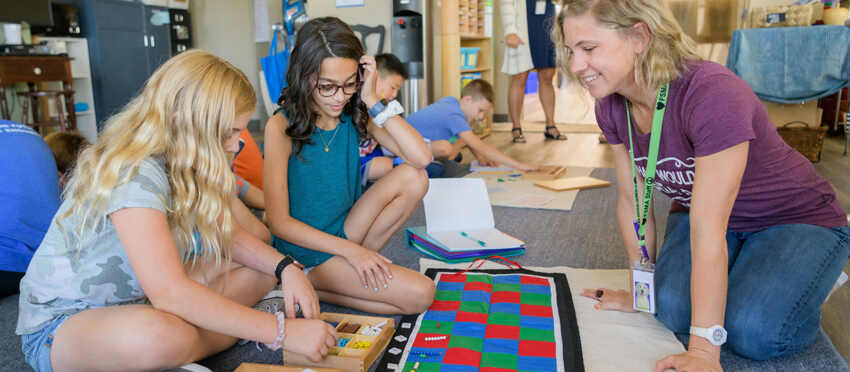Socialization plays a crucial role in a child’s development – Understanding the Importance of Socialization in Nursery School
Socialization plays a crucial role in a child’s development, especially during their nursery school years. It encompasses the process through which children learn to interact, communicate, and form relationships with others in their environment. Nursery school provides an ideal setting for socialization, as it exposes young children to a diverse range of peers and adults.
1. Developing Communication Skills
One of the primary objectives of nursery school is to facilitate the development of effective communication skills. Through socialization, children learn how to express their thoughts, feelings, and needs. They practice listening actively, speaking assertively, and understanding verbal and non-verbal cues from others. Such critical communication skills are essential for building relationships, succeeding in academic settings, and navigating social situations throughout life.
2. Enhancing Emotional Intelligence
Emotional intelligence refers to the ability to recognize, understand, and manage one’s own emotions, as well as empathize with others. Nursery school provides a perfect platform for practicing emotional intelligence. Social interactions in the nursery school environment help children recognize different emotions, express empathy, and regulate their own emotions. These skills form the foundation for emotional well-being and healthy relationships in the future.
3. Promoting Collaboration and Teamwork
In nursery school, children learn to work collaboratively with their peers on various tasks and activities. They engage in group play, share toys, and solve problems together. Through such cooperative experiences, young children discover the importance of teamwork, compromise, and respecting and valuing others’ perspectives. These valuable lessons form the basis for successful teamwork and collaboration later in life.
4. Encouraging Diversity and Acceptance
Nursery school exposes children to a diverse range of cultures, backgrounds, and experiences. Interacting with peers from different ethnicities, religions, and socioeconomic statuses helps children develop a sense of respect, acceptance, and appreciation for diversity. These positive attitudes and values cultivated in nursery school can help create inclusive societies in the future.
5. Fostering Independence and Self-Confidence
Socialization in nursery school allows children to explore their independence. They learn to make choices, solve problems, and take responsibility for their actions. These experiences contribute to the development of their self-confidence, self-esteem, and self-identity. By interacting with their peers, children gain a sense of belonging and learn to value their own unique qualities, empowering them to become confident individuals.
Understanding the importance of socialization in nursery school is crucial for parents, educators, and society as a whole. Nursery school provides a supportive environment where children develop essential communication skills, emotional intelligence, teamwork abilities, and acceptance of diversity. These skills and values build a strong foundation necessary for future success and contribute to the overall well-being of the child. As parents and educators, it is important to recognize and encourage the benefits of socialization in nursery school to help children thrive and develop into socially competent individuals in their lives ahead.
Nidhin
For More Details Call: +917510220582
